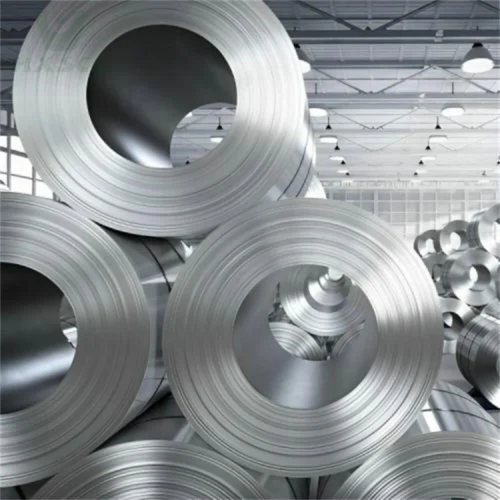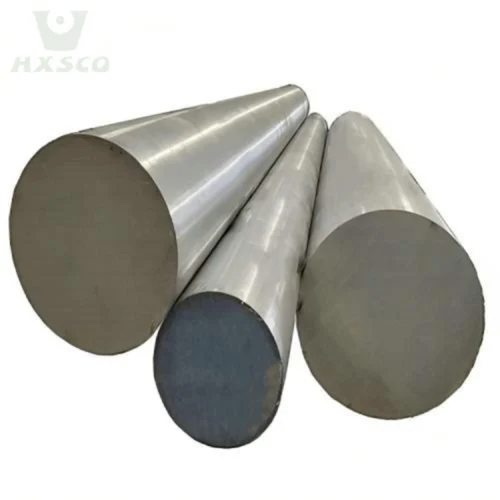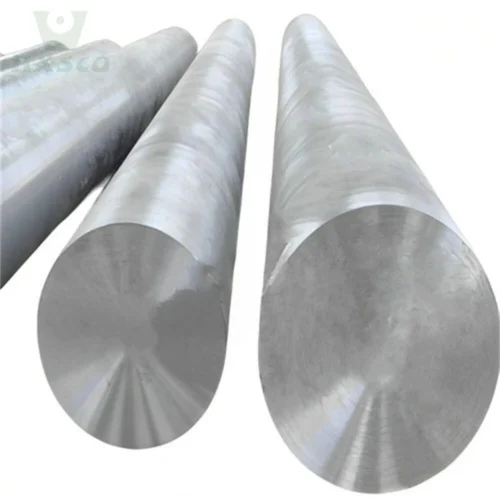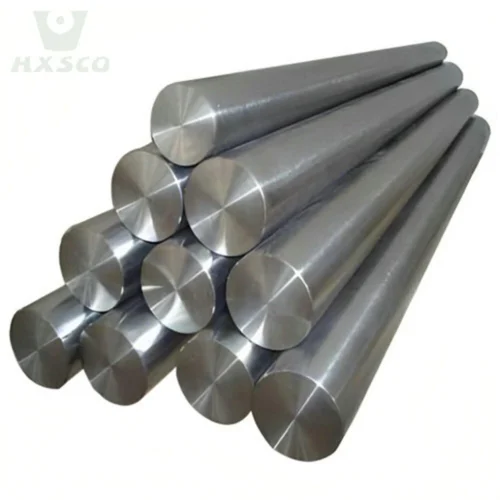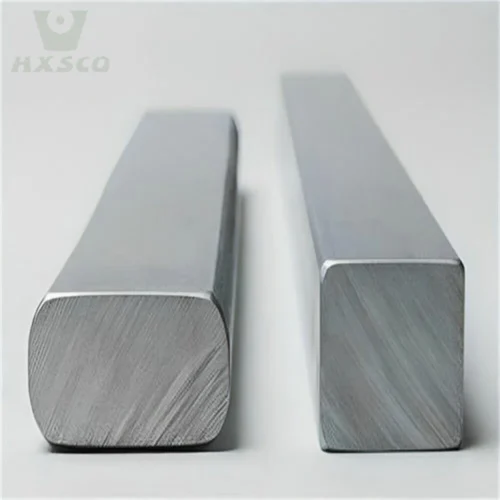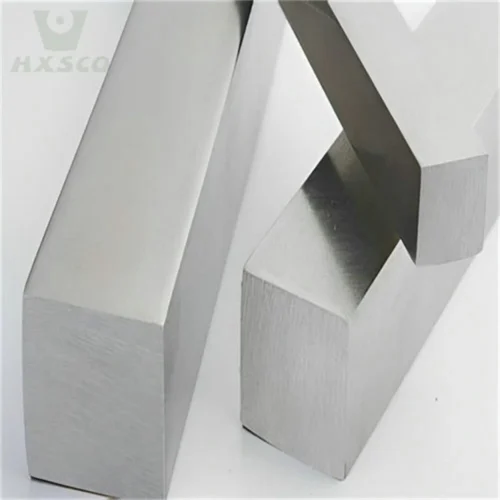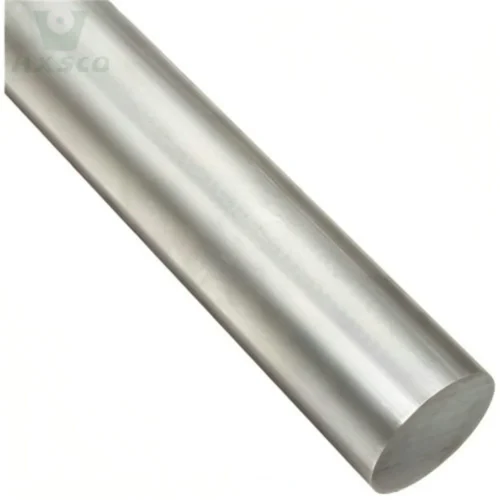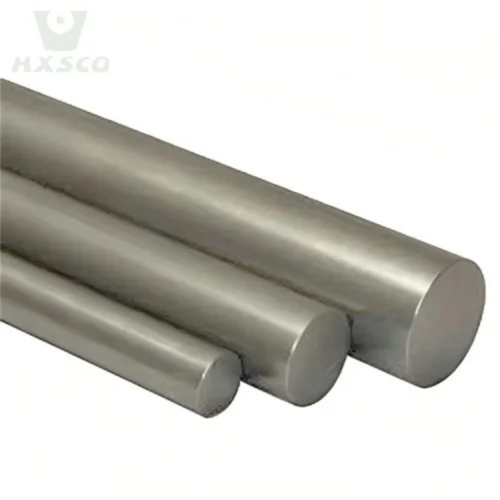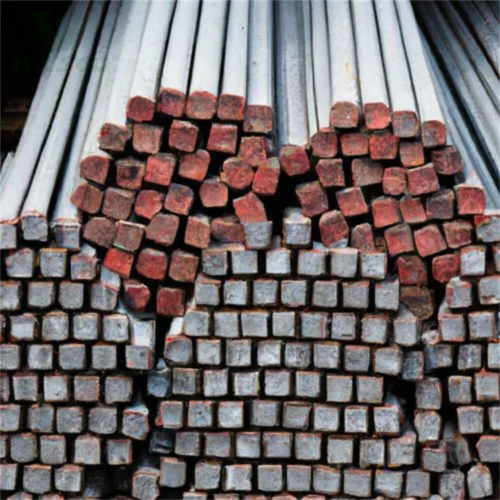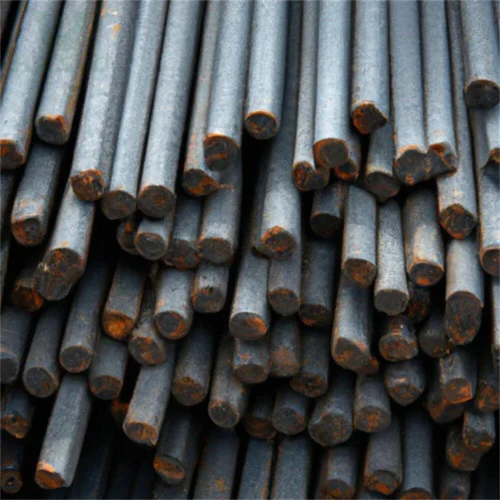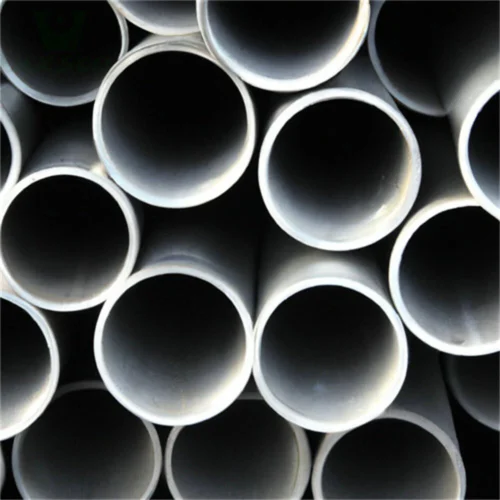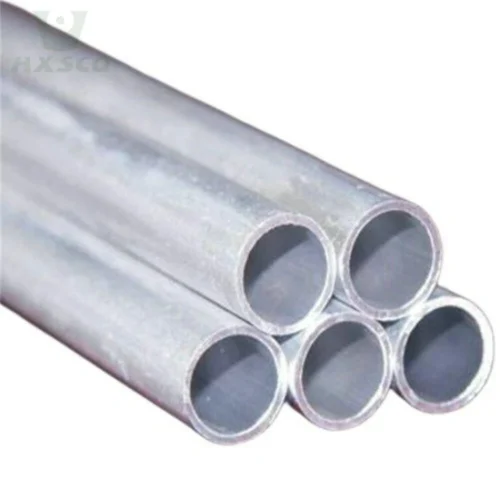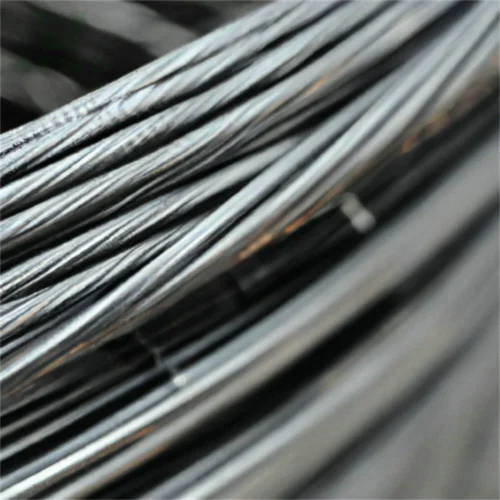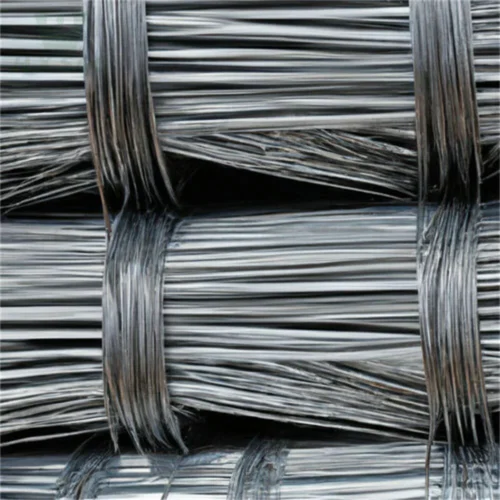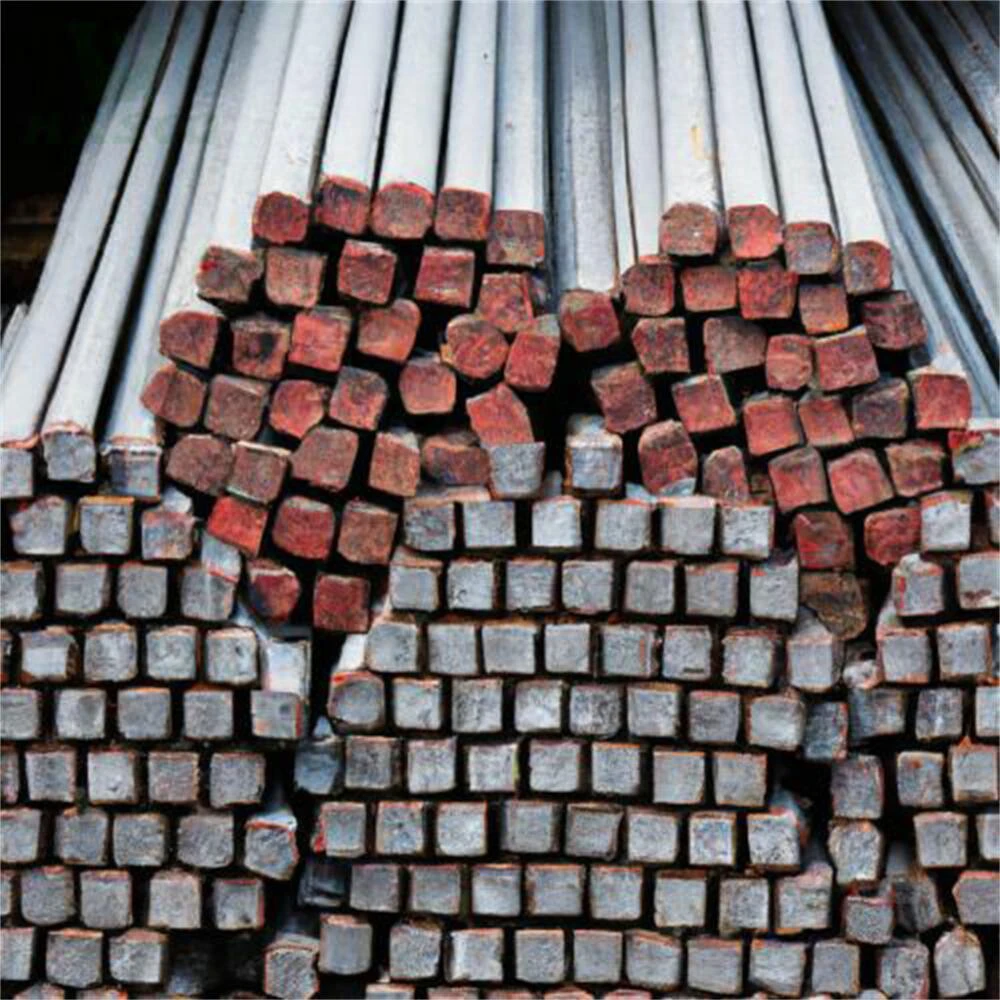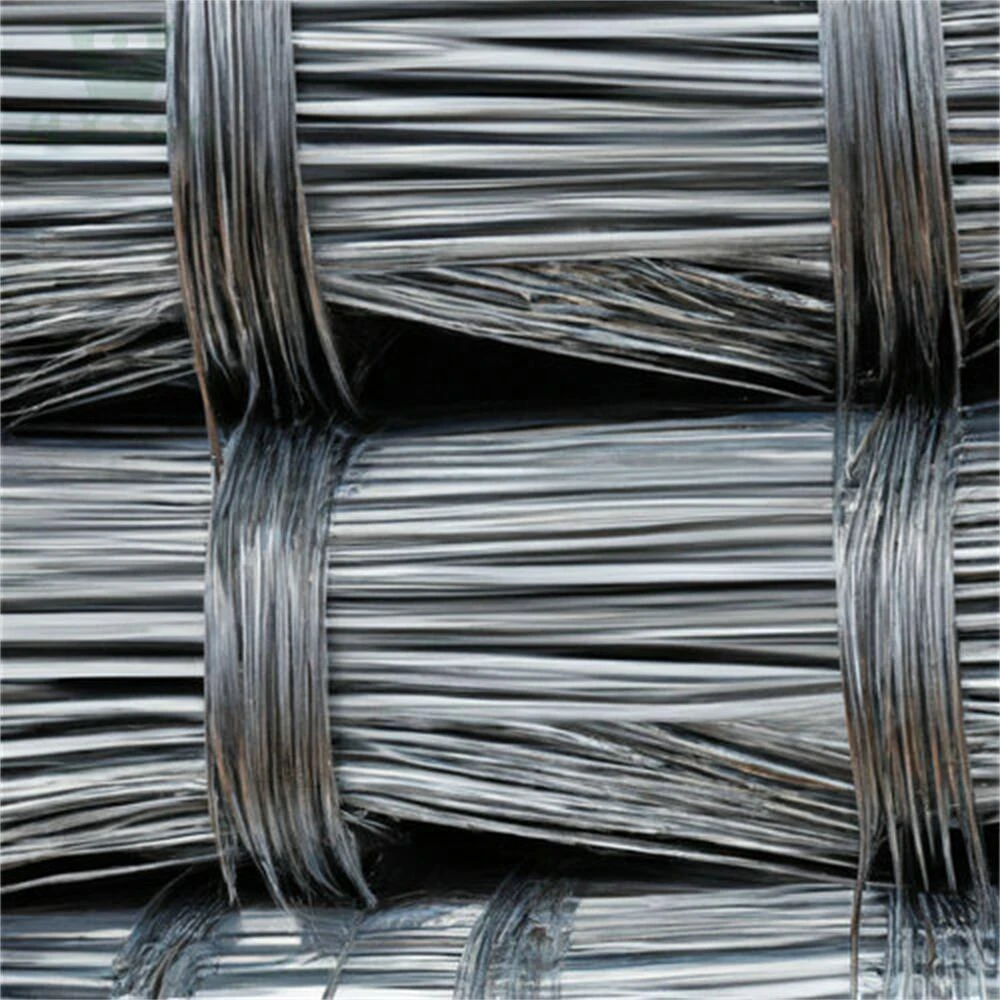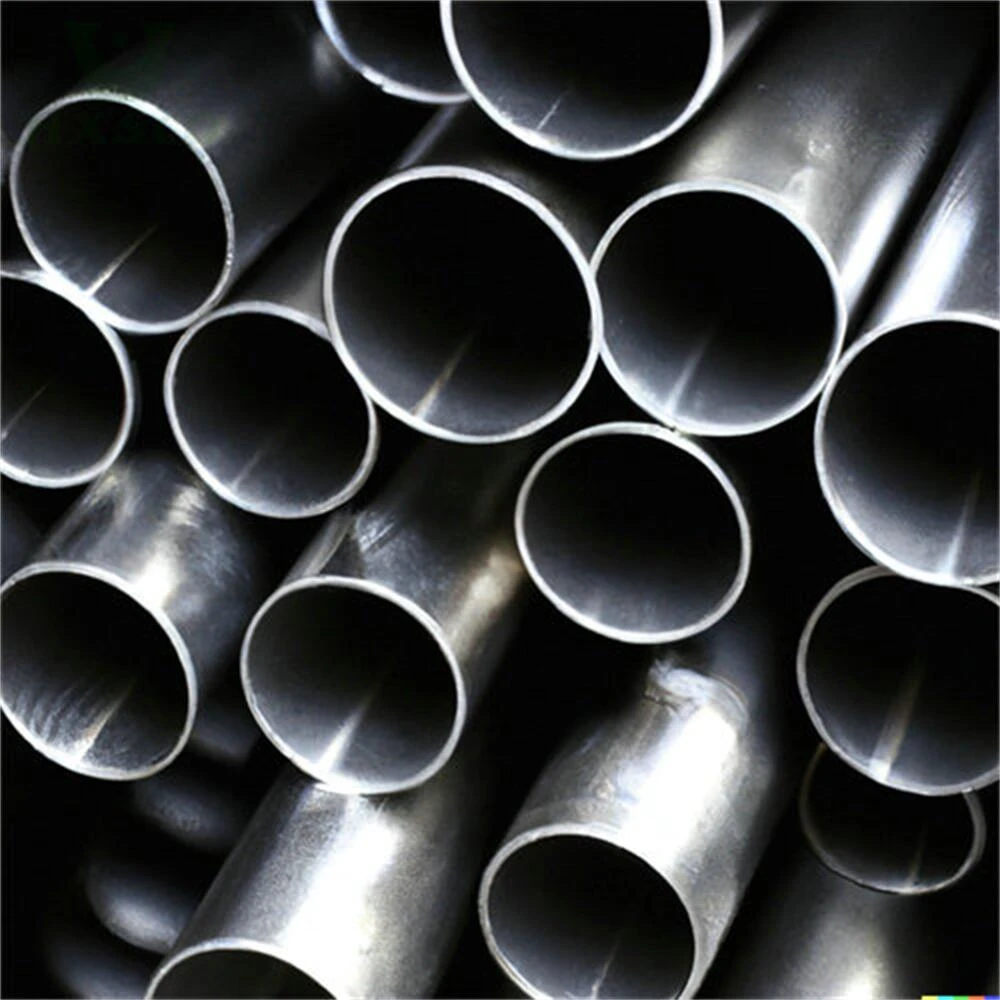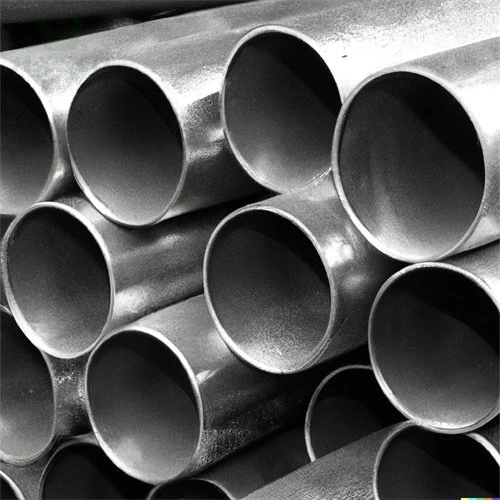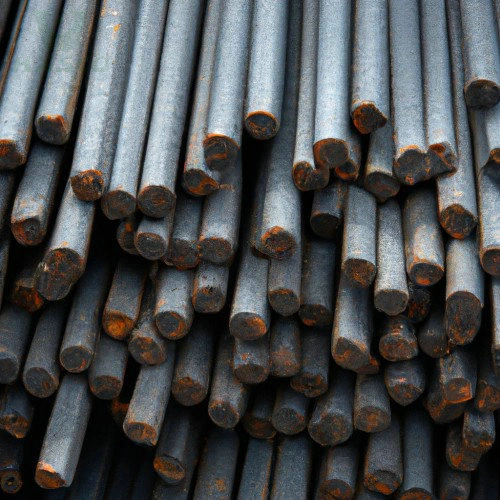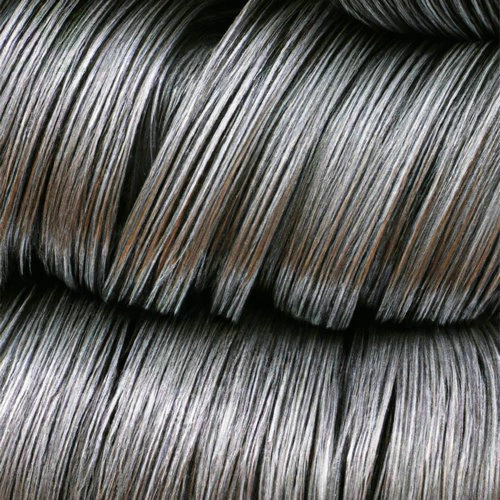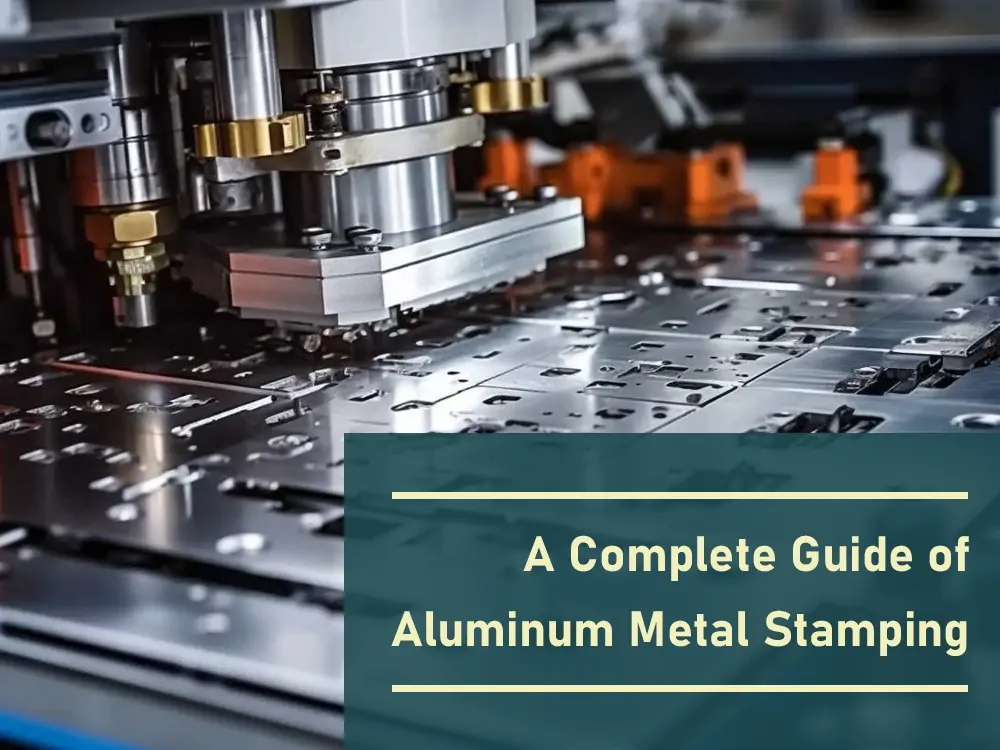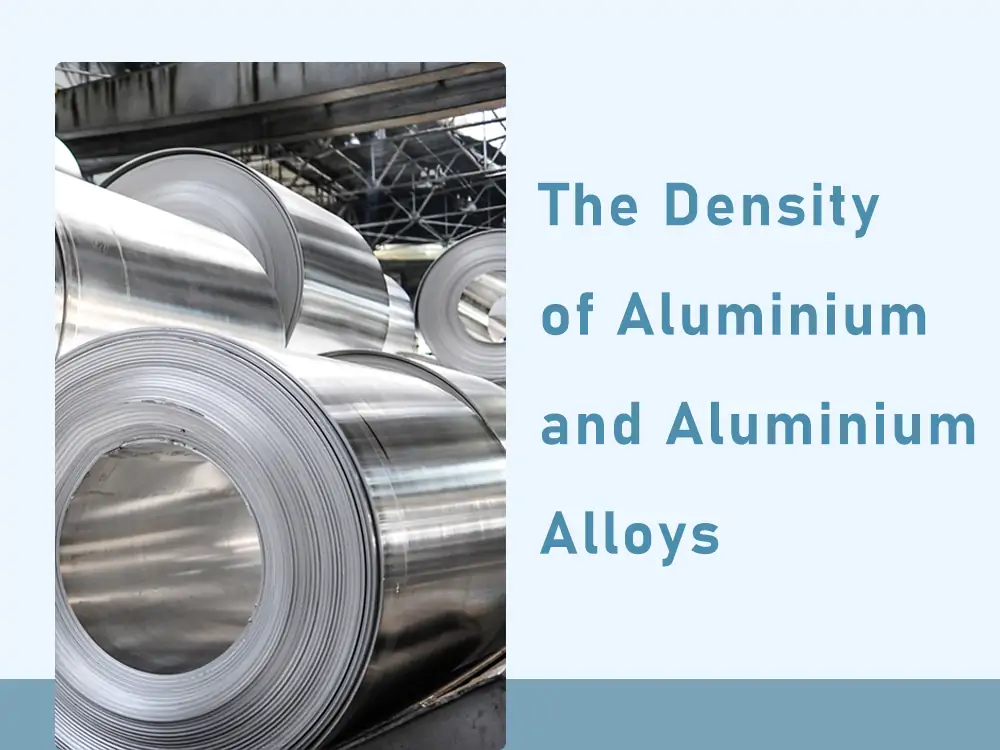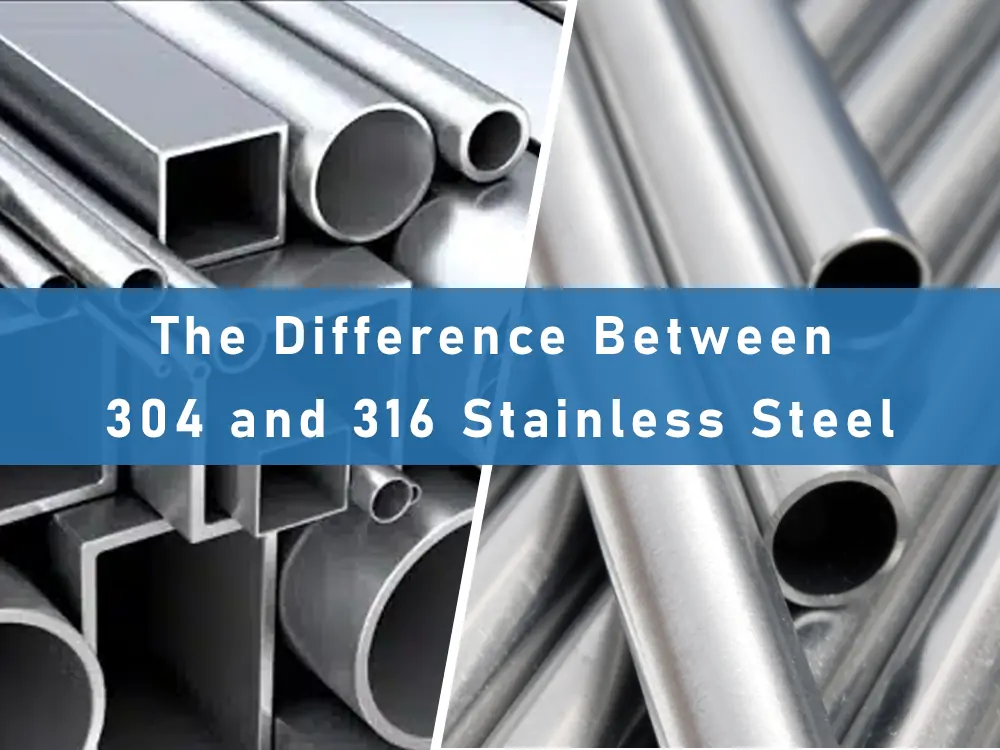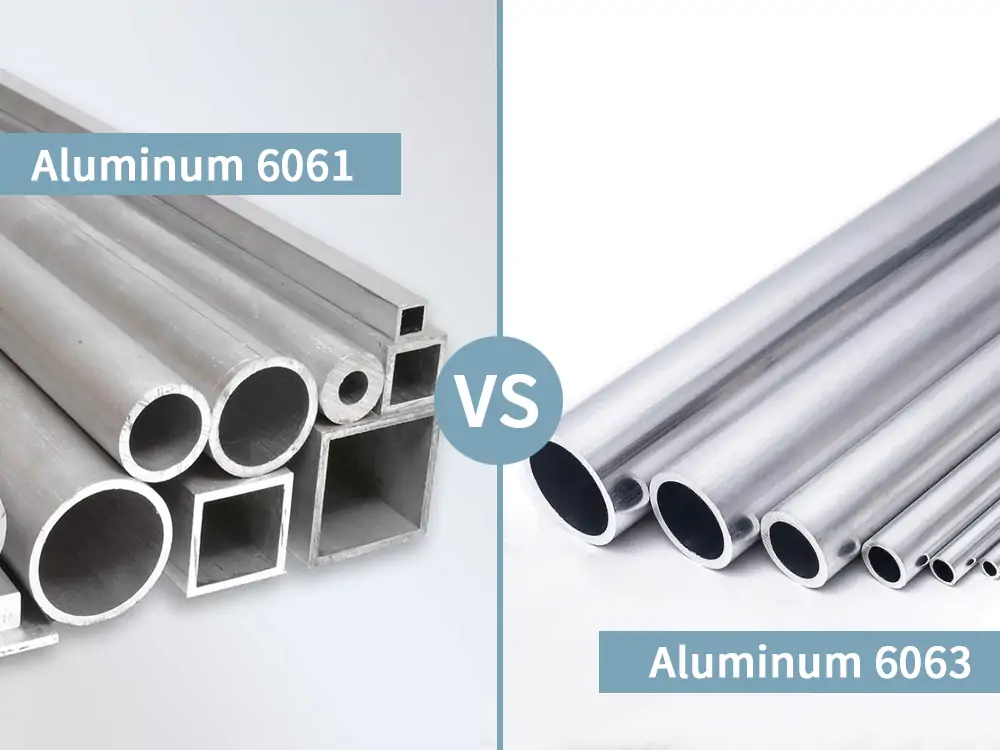Alloy Steel
Alloy steel, a remarkable material renowned for its exceptional strength, durability, and adaptability, plays a pivotal role in numerous industries worldwide. From automotive and aerospace to construction and manufacturing, the applications of alloy steel are vast and varied. As one of leading alloy steel suppliers in alloy steel export, HXSCO prides itself on being a trusted partner in fulfilling the alloy steel requirements of global enterprises. With our extensive expertise and network of reliable alloy steel suppliers, we deliver top-quality products tailored to meet the unique demands of our esteemed clientele.
At HXSCO, we understand the significance of alloy steel and its impact on the efficiency and performance of various industrial processes. With an optimal combination of iron and alloying elements such as chromium, nickel, molybdenum, and others, alloy steel exhibits exceptional properties that set it apart from conventional steel. Its superior strength, enhanced resistance to wear, corrosion, and heat, and excellent mechanical properties make it an ideal choice for critical applications that demand reliability and longevity.
As One the leading alloy steel suppliers, HXSCO takes pride in offering customized solutions that align with our clients’ unique specifications and project needs. With our in-depth understanding of alloy steel properties and applications, we provide expert guidance and support, helping our clients select the most suitable alloy steel grades for their projects. Our dedicated team of professionals ensures prompt and efficient communication throughout the entire process, ensuring a seamless experience from inquiry to delivery.
In the next series of blog posts, we will delve deeper into the various applications of alloy steel, showcasing its versatility across industries. Stay tuned as we explore how alloy steel revolutionizes automotive manufacturing, enhances structural integrity in construction projects, empowers the aerospace industry, and powers machinery in the manufacturing sector.

